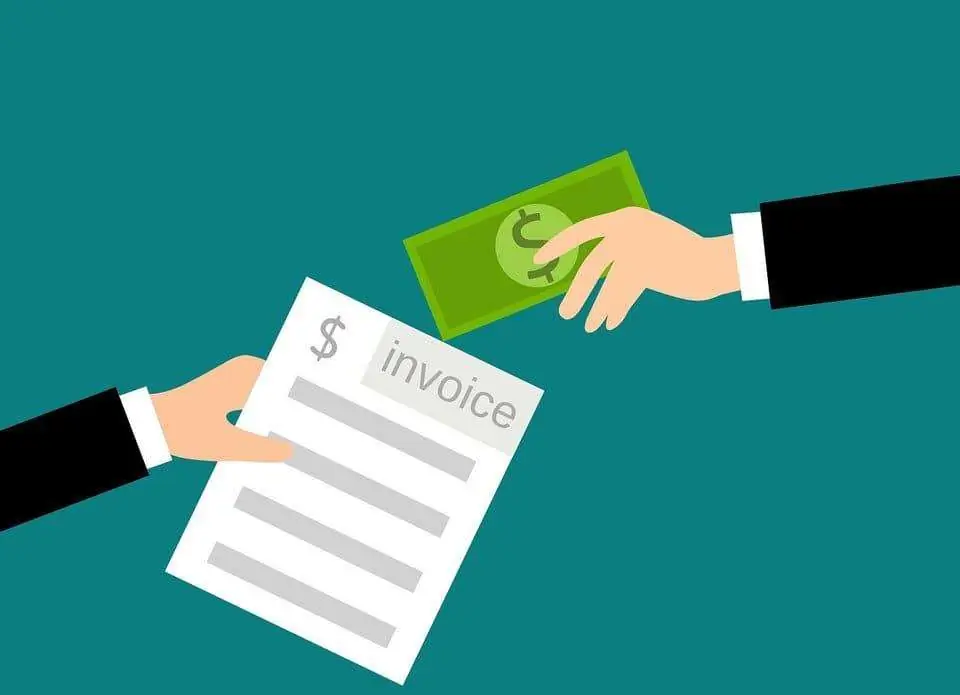What is the central invoice register and who is obliged to register?
17.04.2018

17.04.2018

In December 2017, the National Assembly of the Republic of Serbia adopted amendments to the Law on the deadlines on settling the financial obligations in commercial transactions. The most important change was the introduction of a new obligation for all state-owned companies. It is the obligation to register the issued invoices and submitted requests for payment to the Central Invoice Register, which are issued to the state or public sector.
All private companies (entrepreneurs and legal entities) operating with the state are obliged to register as of March 1st, 2018 in the Central Register, and then register their invoices. If they failed to do so, they will not be able to collect their claims from the state.
It is simple – invoices that are not registered – it is almost like they do not exist. This applies if the transactions are made between:
The Central Invoice Register applies only to companies that conduct business with the state. There is no such obligation for the businesses being made between entrepreneurs or legal entities. An obligation exists only when the public sector is the debtor. Invoices that are not in this registry will not be able to be charged, and companies that are not registered can face legal consequences.
The government specified that the main reasons for these changes are:
The Central Invoice Register is a database and a special new information system of the Treasury Department, which records all invoices and requests for payment. It only includes companies that conduct business with the state, whether they are selling products or providing services.
The registry allows access to all creditors and debtors, i.e. allows the entry and review of the entered data. It can record:
The status of each invoice can be monitored through this system. It can be checked whether it is registered, the date of the registry and whether it is paid. The Central Invoice Register is also called the register of unpaid invoices.
All commercial transactions are performed between the creditor and the debtor, or between:
Private companies can be creditors, i.e. entrepreneurs and legal entities. The public sector can also be a creditor. Debtors are users of public funds and only the public sector can be a debtor.
Before the creditor delivers the invoice to his debtor, he is obliged to register it in the register. He can deliver it only after doing so. The debtor is obliged to check whether the issued invoice is correct and previously registered in the registry. He pays the invoice after doing this, in accordance with the payment instruction.
The main requirement for the invoice to be paid is for it to be registered in the registry. If legal entities – businesses operating in the public sector do not register their invoice or request with the Treasury Department (into the system), they will not be able to collect claims from the state. If they do not register on time or if they do not register at all, they will have to pay a fine. The same situations is when public sector creditors are issuing invoices to debtors, also from the public sector. They must register the invoice or request and submit it within the time limit.
Debtors can pay out the financial obligation only under certain conditions:
In order for the companies to be able to use this register and register an invoice, they must first register in the electronic database. They can do this electronically on the website of the Treasury Department or they can personally submit the relevant documentation.
Registration is done by entering the company data, as well as the data of an invoice or request in the information system. After that, the registry assigns a unique identification number to each user and document.
The Central Invoice Register contains the data on:
It is very important that invoices and requests are registered before they are delivered to the debtors. The deadline for registering the invoice does not exist officially, but after registration, it must be entered in the system no later than 3 business days. Invoices must be correct with a clearly stated payment instruction. Otherwise, invoices and claims will be deemed incorrect payment orders.
After these three days, the time for the legal payment deadline starts running. According to the Law on Payment Deadline, the state has a deadline of 40 days to settle its obligations. All these rules apply to invoices registered in the registry after March 1st, 2018.
If they are not respected or if the obligations are not paid on time, both the companies and public sector employees will have to pay fines. The fines range from 100,000 to 2,000,000 dinars for:
Also, the responsible persons in those companies will have to pay fines, ranging from 5,000 to 150,000 dinars.
Although for most private companies this change is just one more obligation due to additional workload, there are also numerous advantages.
Advantages include:
Companies that work with the state can monitor what jobs they are working, how much they are working, and the fees for these jobs.
Disadvantages include:
With this novelty, the following goals are expected to be accomplished in the future: